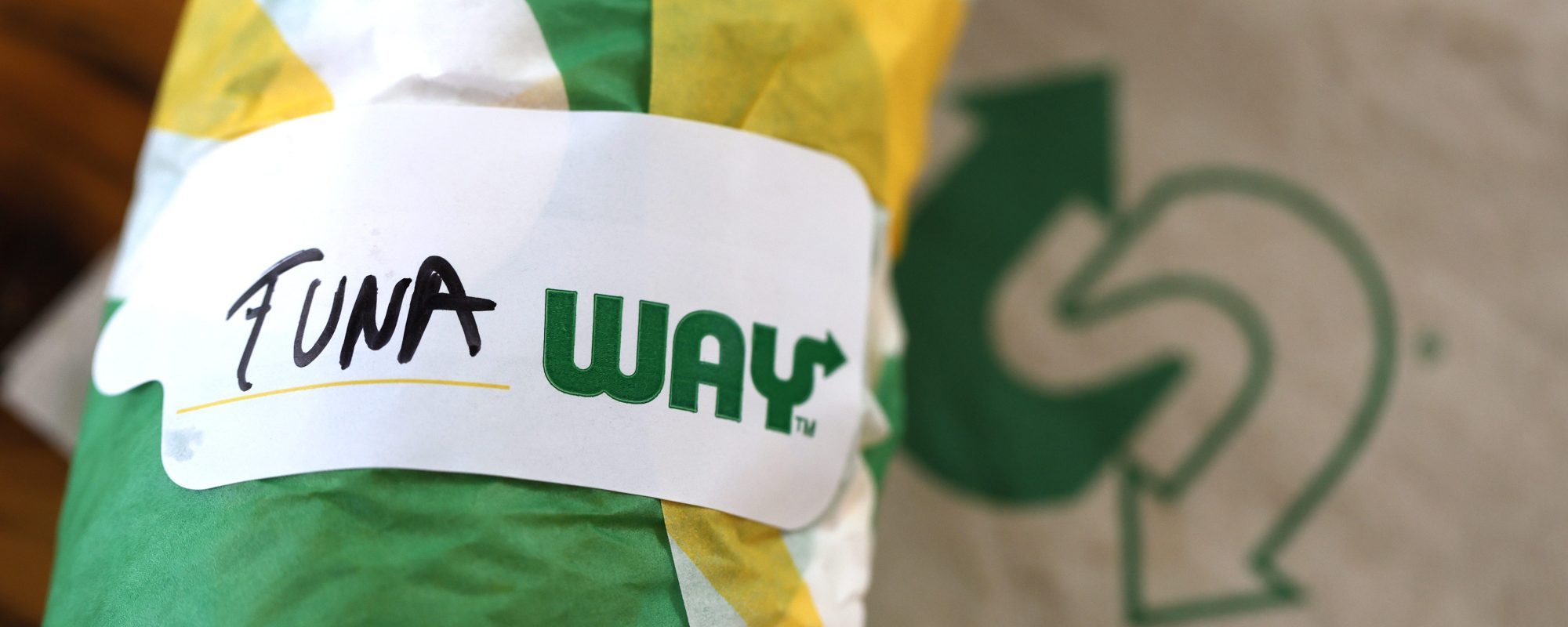Subway could find itself in court more frequently following the most recent ruling against the fast food giant.
Videos by Rare
A class action lawsuit accusing the Subway restaurant chain of falsely advertising its tuna products as “100 percent tuna” has moved forward. A California federal judge refused to toss the California federal suit out, according to NPR reports.
U.S. District Judge Jon Tigar partially rejected Subway’s request to dismiss the case, deciding on July 8 that Subway’s tuna sandwiches often include other ingredients — such as mayonnaise that contain eggs. The judge allowed one of the plaintiffs to file an amended version of the complaint.
The complaint reportedly alleges that Subway’s products “wholly lack” tuna and that the so-called “tuna sandwiches” also contain other meat products. It accuses the fast-food chain of fraud, false advertising, and unfair competition.
“Subway tuna is real tuna,” the company’s website states. “That’s right. The truth is, Subway uses wild-caught skipjack tuna regulated by the Food and Drug Administration (FDA). A favorite among sub lovers, our tuna is and has always been high-quality, premium, and 100% real … wild-caught tuna.”
The New York Times in June 2021 published a feature titled “The Big Tuna Sandwich Mystery” that said it found “no amplifiable tuna DNA” after testing five fish samples from three Subway franchises.
What is Subway saying…
Subway alleges on its website that the Times report is untrue, claiming it is common that tuna DNA isn’t detected in samples of cooked tuna.
“The New York Times test results only show that the type of DNA test done by the unnamed lab wasn’t a reliable way of determining whether the sample was tuna or not,” the company said in its “tuna fact check” on Subway.com. “If the test had confirmed the existence of a protein other than tuna, questions could have been raised. However, their ‘non-detect’ conclusion really just means that the test was inadequate in determining what the protein was. In other words, it was a problem with the test, not the tuna.”
The company further argued that the lawsuit is without merit and that the court’s ruling was “disappointing.”




* AND their foot-longs are only 11″ ♣
* AND their foot-longs are only 11″ ♣